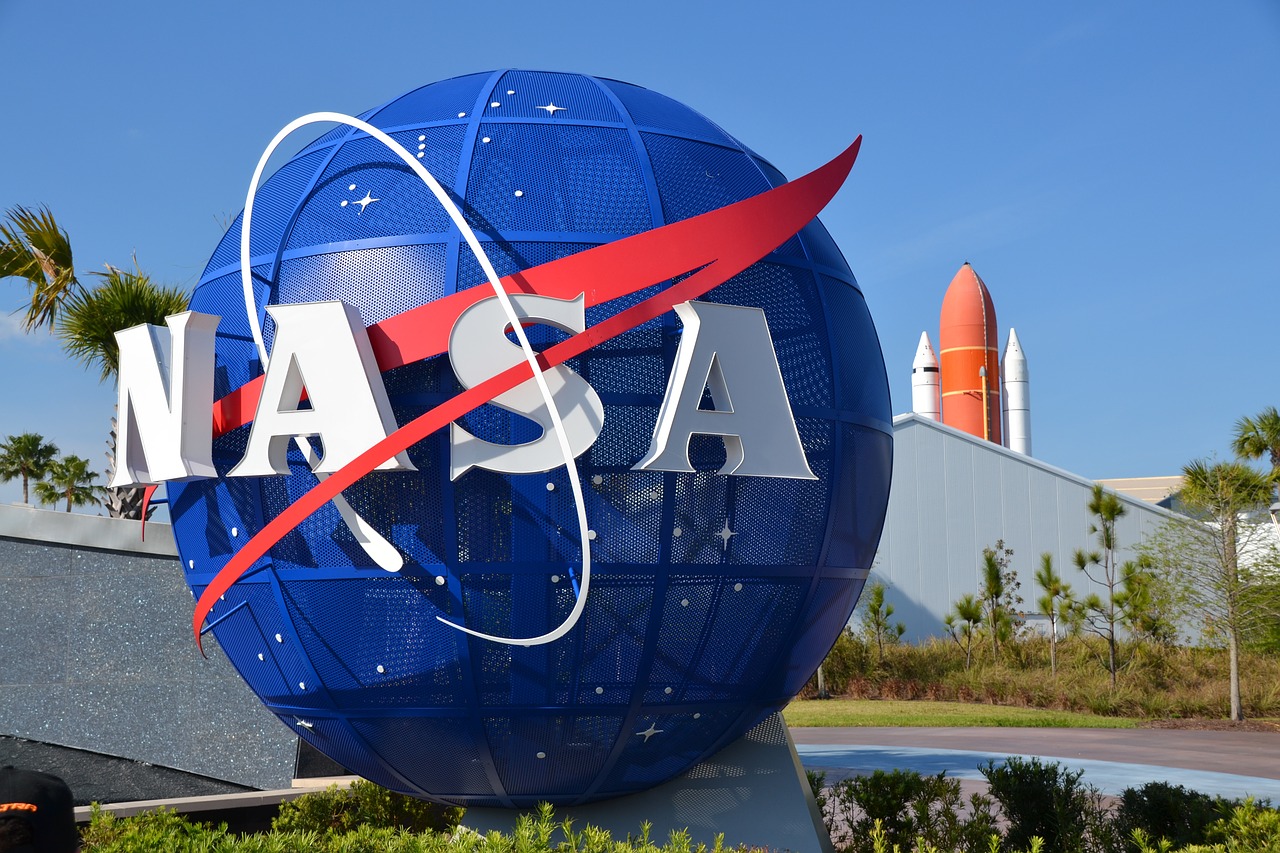Washington, D.C. — August 2025
NASA and Google have joined forces to develop an artificial intelligence–powered medical assistant designed to support astronauts during long-duration space missions where real-time communication with Earth is limited or unavailable. The initiative marks a significant step toward autonomous healthcare in space, with potential applications for remote medical care on Earth.
🚀 Project Overview: Crew Medical Officer Digital Assistant (CMO-DA)
The AI tool, known as the Crew Medical Officer Digital Assistant (CMO-DA), is a proof-of-concept Clinical Decision Support System (CDSS) developed under a fixed contract with Google Public Sector. It is designed to help astronauts:
- Diagnose and treat medical conditions without direct contact with Earth-based physicians
- Analyze symptoms using natural language processing and machine learning
- Interact via text, voice, and image inputs
- Access real-time health analytics and predictive diagnostics
The system is trained on spaceflight-specific medical literature and integrates with Google Cloud’s Vertex AI platform.
🧪 Early Testing and Performance
Initial trials of CMO-DA have shown promising results. The tool was evaluated using the Objective Structured Clinical Examination (OSCE) framework, commonly used to assess medical students and professionals. In simulated scenarios, the AI assistant achieved:
| Medical Scenario | Diagnostic Accuracy |
|---|---|
| Ankle Injury | 88% |
| Ear Pain | 80% |
| Flank Pain | 74% |
These results suggest the system could reliably assist astronauts in diagnosing and managing health issues during missions to the Moon, Mars, and beyond.
🌌 Addressing Spaceflight Challenges
As NASA prepares for its Artemis missions and future crewed expeditions to Mars, the need for autonomous medical support has become increasingly urgent. Communication delays—up to 40 minutes for Mars—make real-time consultations impractical. The CMO-DA aims to bridge this gap by enabling astronauts to make informed medical decisions independently.
🩺 Broader Implications
Beyond space exploration, the technology holds promise for improving healthcare delivery in remote or underserved regions on Earth. Google and NASA are working with medical professionals to refine the system, with future versions expected to incorporate data from onboard medical devices and detect spaceflight-specific conditions such as microgravity-related health effects.
🗣️ Expert Commentary
Jim Kelly, Vice President of Federal Sales at Google Public Sector, described the project as “an important milestone for AI-assisted medical care and our continued exploration of the cosmos.” NASA officials emphasized the tool’s potential to enhance crew safety and mission success during extended space travel.


